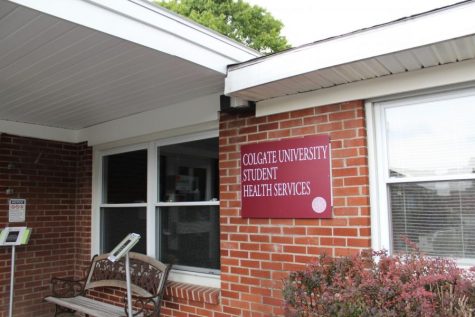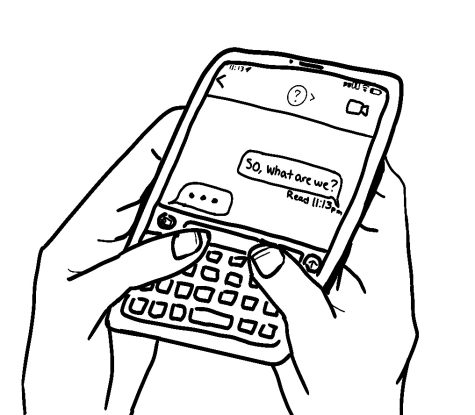Minus the City: Know Your Status
Remember that low budget movie your high school sex ed teacher made you watch about HIV/AIDS? Probably not, because no one cared about health class –– you did what you had to to get a passing grade and then you went back to worrying about SAT prep and what was happening on “Glee.” Realistically, you did not miss much. The movie was one of those scare tactics teachers like Coach Carr from “Mean Girls” used to drill into kids that if they had sex they would “get pregnant and die.”
Between the Internet and that one cool older cousin, we figured we knew everything there was to know, so we ignored most of what our teachers had to say. Shows like South Park made the most deadly of all STDs a punch line, and, mostly because the AIDS epidemic was before our time, the disease was more fiction than fact. We’re afraid of contracting it for obvious reasons, but our coping mechanism is to shroud HIV/AIDS in twisted humor or to ignore it.
Shaw Wellness Institute and LGBTQ Initiatives recently partnered to bring in ACR Health and the “Q Too” Utica LGBTQ Youth Center to provide free HIV/AIDS testing to Colgate students. I thought it was wonderful that preventative health care was being provided for free and tried to convince all my friends to take full advantage of this service. Most of them ignored me, and the few that I talked to in person about coming with me responded along a spectrum of apprehension and disgust. They asked, “What if I come back positive?” and, “I probably don’t have it, why bother getting tested?” I told them they could start taking medication to prevent the development of AIDS and stop themselves from spreading the disease to future sexual partners. Even if they are at a low risk of contracting it, the only way to prevent the spread of the disease is to get tested and know your status. To my friends that refused to get tested, I asked, “would you get tested for other STD’s?” and they always said, “yes, of course.” The main argument against getting tested for HIV was that a positive result implies death.
These all seem like good reasons to get tested (hint: they are great reasons to get tested). The standard recommendation for sexually active individuals who consistently practice safe sex is to get tested for STDs once a year, and more often if people engage in unprotected sex. The way I see it, one should prioritize one’s sexual appetite and one’s sexual health equally.
To be completely honest, it was not just logic that fueled my desire to get tested at the free clinic. My family lost a loved one at the peak of the AIDS epidemic and, after hearing the first hand account of that loss from my grandmother, I knew I needed to get tested. Knowing your status is not just about self preservation, it is about ensuring that you are not spreading HIV/AIDS or another STD that can severely impact individuals and families.
I encourage you to take part in the next free testing event advertised around campus. They give out free condoms, t-shirts, Raider Passion ice cream and Slices tokens and they’ll never say, “Boo, you whore.”










